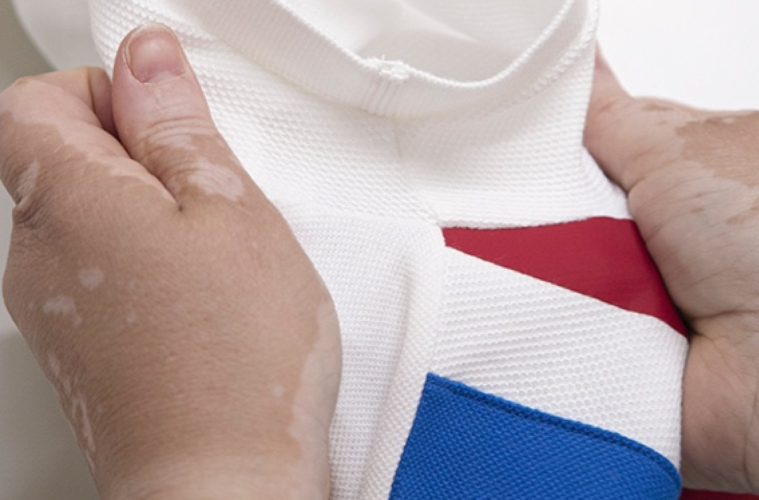The brand is committed to supporting responsible and sustainable ways of designing and consuming fashion through this exciting new partnership.

Lacoste is a longstanding member of the Ellen MacArthur Foundation and is furthering its commitment to the organization by becoming a partner of the Foundation’s inspiring network, known as the Make Fashion Circular Initiative. This partnership will help enhance and promote the brand’s values and mission to defend an increasingly responsible and sustainable way of designing and consuming fashion.
Lacoste is a world-renowned classic fashion brand that is widely known for its authentic sports heritage and iconic polo, which was first brought to market in 1933. The Ellen MacArthur Foundation is a UK-registered charity whose values include promoting a circular economy. The partnership duo is working together to help foster change within the fashion community by inspiring those to build a circular economy from design to consumption.
In co-operation with the other partners working towards the Make Fashion Circular vision, as part of the Ellen MacArthur Foundation, Lacoste is dedicated to adopting solutions to help promote circularity and produce sustainably on a global scale. As a result, this partnership is part of the Durable Elegance approach, which is Lacoste’s global societal and environmental initiative.
“At Lacoste, we have always produced clothing and accessories designed to last, and we are committed to the environmental excellence of our products on a daily basis. This renewed and strengthened commitment to the Ellen MacArthur Foundation’s Make Fashion Circular initiative is therefore a natural fit for Lacoste. This partnership confirms our desire to reinvent the textile industry to make it ever more responsible and sustainable,” says Catherine Spindler, Chief Brand Officer of Lacoste.

As part of this exciting new partnership opportunity with the Ellen MacArthur Foundation, the brand is dedicated to making an impact on a global scale. Lacoste is setting inspiring objectives for 2025, and the brand’s goals are based on three major commitments as outlined below:
- Reducing by 15% the environmental impact of the products sold
- Doubling the lifespan of their entire polo range
- Ensuring a second life for textile waste and unsold goods
These commitments will help propel Lacoste’s mission to meet their ambitious goals as mentioned above, which include minimizing the environmental impact of the brand’s operations, extending the life of their products, and managing the brand’s end of life of textile materials.
Published by HOLR Magazine.


